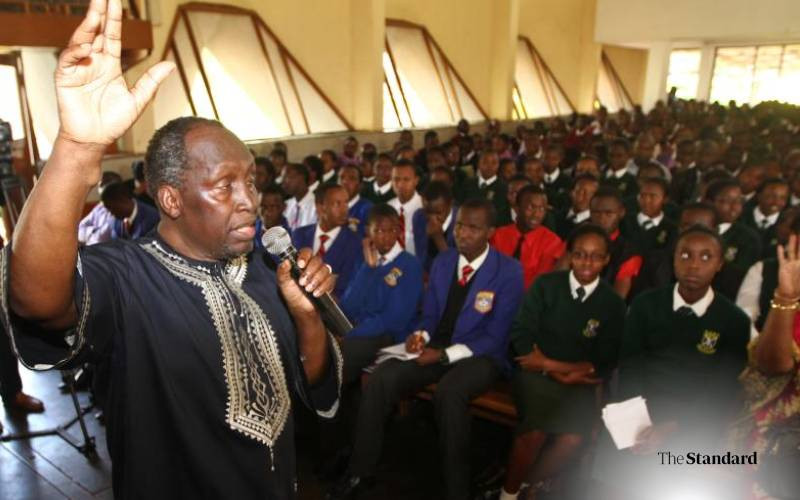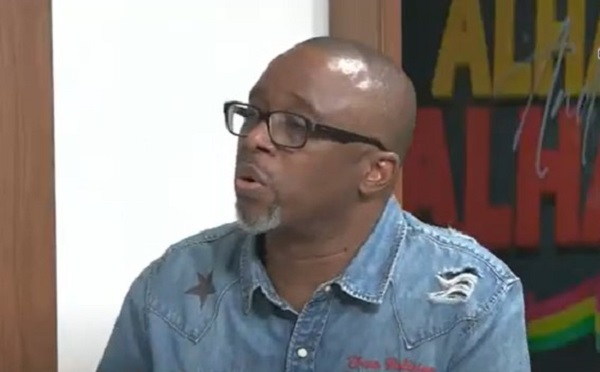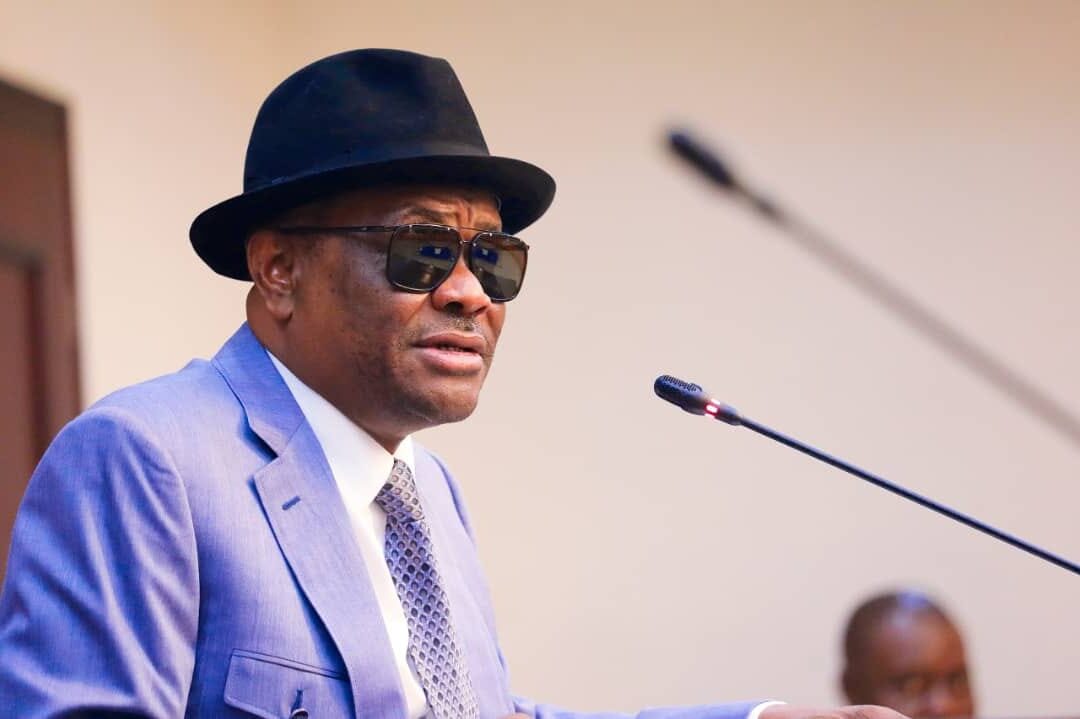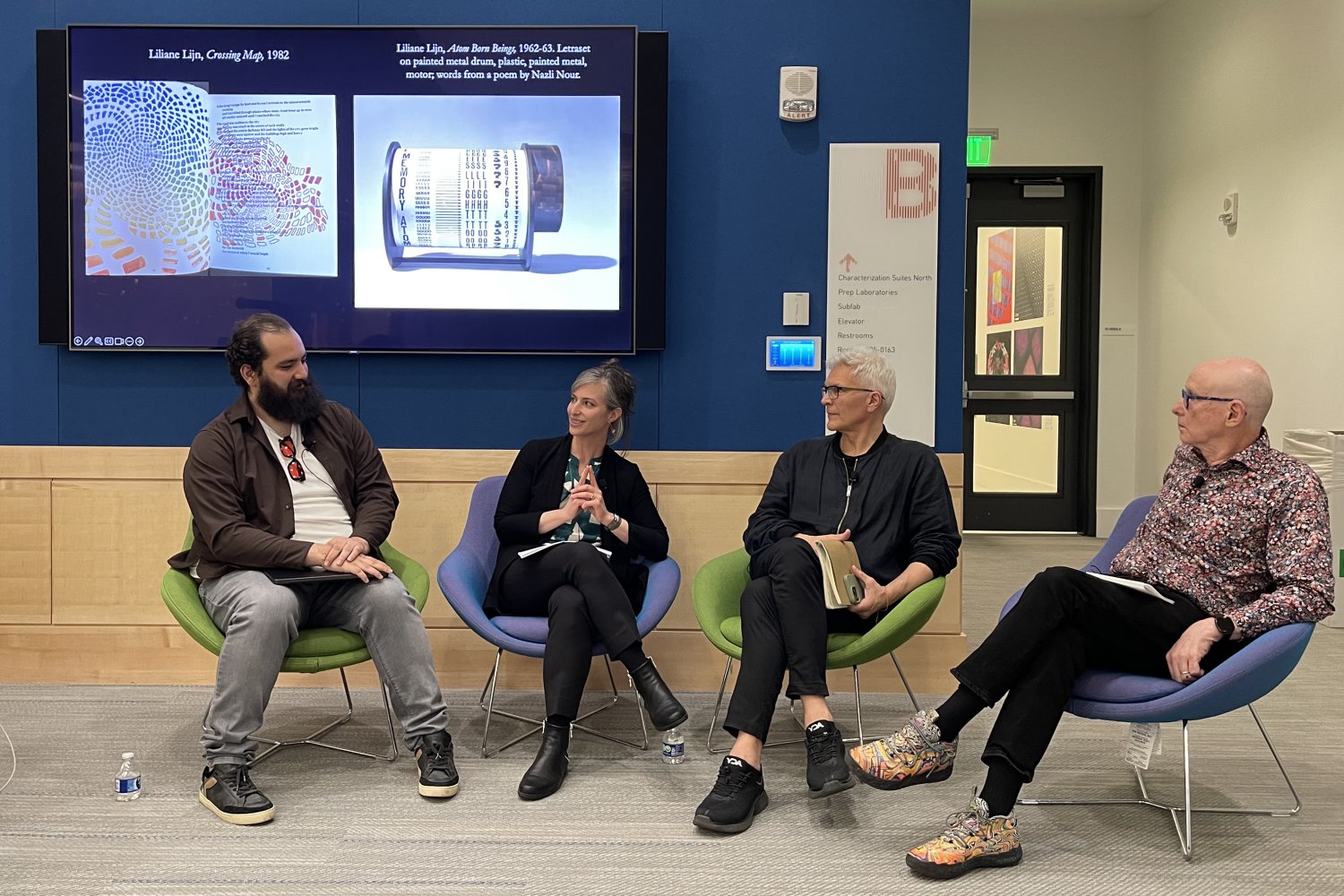Mwakenya influence, torrid young life, shaped Ngugi's beliefs

. [File Courtesy]
Two days before Christmas of 1974, a group of scholars filed out of a safe house in Nairobi. The conspirators had just concluded an ultra-secret meeting whose deliberations and ramifications touched off ripples across the country.
Ultimately, some of the architects would have to flee the country while their not-so-lucky comrades were hunted down, tortured, and a number of their disciples hanged.
For two days, the scholars, who were opposed to capitalism and viewed themselves as Marxist-Leninist, had discussed ways of confronting the “corrupt” government of Jomo Kenyatta and how it could be toppled and replaced with an administration that was sympathetic to Kenyan workers.
According to Prof Maina Kinyatti, one of the original architects, the group that included Kamonji Wachira, Adhu Awiti, Koigi Wamwere, and Amin Kassim, the government had betrayed the aspirations of the people in favour of promoting neo-colonialism.
This conference, Kinyatti, a historian, writes in Mwakenya: The unfinished Revolution, marked the birth of the December Twelve Movement (DTM) that would later become an underground movement whose activities to undermine the government would become apparent in later years and climax with an attempted coup in 1982.
The membership of the anti-government movement, Kinyatti explains, was later expanded with the recruitment of prolific writer Ngugi Wa Thiong’o, former Chief Justice Willy Mutunga, the late Alamin Mazrui, Edward Oyugi, Shiraz Durani, Ngugi Wa Mirii, Sultan Somjee and Ngotho Kariuki among others. They formed what was later described as the Workers Party of Kenya, a Marxist-Leninist Maoist party.
“Its immediate task was carrying out the National Democratic Revolution (NDR) by overthrowing the neo-colonial system and establishing a national democratic government,” Kinyatti writes.
Workers Party
The Workers Party of Kenya (WPK) was inspired by the Mau Mau resistance and hoped to challenge Kanu, the ruling party at the time. It was structured in such a way that the Central Committee controlled its activities and dissemination of information. Members operated in cells and information was shared on a need-to-know basis. At first, its operations were so secretive that even some founder members were not aware of the name of the party they were working for.
So as to educate the masses, WPK established a printing press in 1975 to print and distribute monthly newsletters, Mwanguzi and Cheche Kenya, with the aim of inculcating students, militant youth and intellectuals.
In the meantime, the party members had been instructed to write revolutionary books in what the founders hoped would awaken the people and instill a sense of hope.
The commissioned book’s central theme was anti-imperialist fervour while inspiring the nationalist spirit of patriotism and democracy. The books also major on the struggle against neo-colonialism and the fight for social justice and the defense of the rights of Kenyans.
It is against this background that Ngugi’s Petals of Blood, Caitaani Mutharabaini (Devil on the Cross), Ngahika Ndeenda, Kilio Cha Haki by Alamin Mazrui, and Kinyatti’s Thunder from the Mountains and Kenya’s Freedom Struggle were born.
Stay informed. Subscribe to our newsletter
Anti-imperialist plays
The party also played a critical role in organising performances of anti-imperialist plays such as Ngahika Ndeenda (I will Marry when I want), a play authored by Ngugi and Ngugi Wa Mirii in 1975.
But Ngugi was neither wholly a creature of the 1974 December Twelve Movement and nor were his writings entirely shaped by a secretive committee of communist leaning scholars meeting in dark alleys. His childhood also shaped the way he perceived and interacted with the outside world.
He was only a year old when the world erupted into a mighty conflict that snowballed into World War 2 in 1939.
Diminutive in physical stature but an academic powerhouse even during his formative years, the prolific writer learned the hard way to fight for his space, his freedom, and his rights, not with guns and bombs but with wit and a pen. Wielding his pen like a fire-spitting machine gun, Ngugi tore through the thick veil of hypocrisy, oppression, and bad governance to the chagrin of the objects of his writing. A mission he discharged with alacrity to his dying days.
Ngugi’s worldview and his style of politics would later be sharpened by yet another conflict, which dictated his childhood, the kind of life he would lead as an adult, where he would call home and where he would spend his sunset years. Anarchy descended in Kenya in 1952, collapsing whatever peace and freedom Ngugi and millions of other Kenyans knew then. This was after the colonial government declared a State of Emergency in a desperate attempt to contain the Mau Mau uprising, which had made the country ungovernable.
By the time he reported to Alliance High School on January 20, 1955, aged about 17 years, he had mastered the art of evading Home guards, who made a living from hunting and killing suspected Mau Mau guerrilla fighters. Earlier in March 1953, Limuru, his home area, made its way to history books after a chief in Lari, Luka Kahangara and his family were killed by Mau Mau, touching off a bloodbath by the government that left more than 70 people dead.
Ngugi records the experience of his troubled youth in his memoir, In the House of Interpreter, thus: “My life had been spent looking nervously over my shoulder. Since the declaration of the state of emergency in 1952, I lived in constant fear of falling victim to the gun-toting British Forces that were everywhere, hunting down anti-colonial Mau Mau guerrillas, real or imagined.”
Vital lessons awaited him at Alliance, where his first induction in the life that awaited him if he was willing to learn from his white teachers was inculcated. He realised he was being prepared for a life to be served, not to serve.
Writing skills
And as he sharpened his writing skills, he was warned not to use big English words but stick to simple words and short sentences, emulating the prose in the bible, which majorly formed his writing style.
In one instance, he got into trouble for questioning whether John 11:35 is truly the shortest verse in the Bible, arguing that “Jesus never spoke English and the words used in the Bible are a translation.” His argument was rebuffed.
The Bible, he learnt, was written in the King James Version, and his teacher would remind him that he, Ngugi, had gone to Alliance to be taught, not to teach.
It is evident that his compassion and wish to identify with the peasants started quite early, given his anecdotes of how, when he first went home after school closed, he reconnected with villagers. He found that all the homes had been demolished, and he had to quickly shed off his uniform and wear his tatters so that he could knead mud and build a new house in the concentrated slum-like village. Fragmented pieces of land, too, were consolidated, and the results were disastrous. The freedom fighters’ land was seized and shared out among the loyalists. These are some of the central themes that dominate most of Ngugi’s works.









